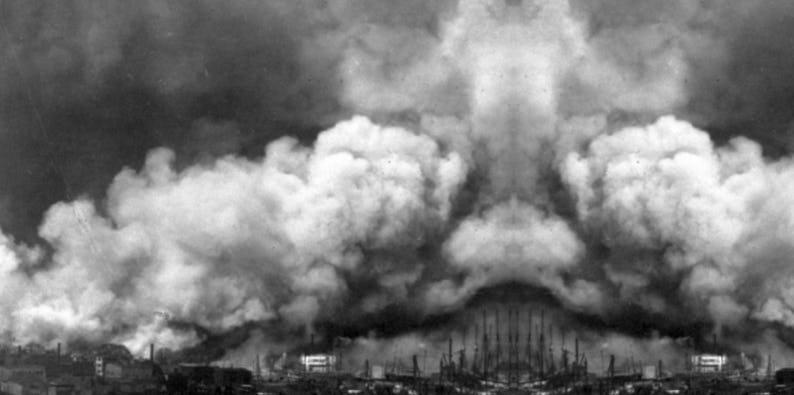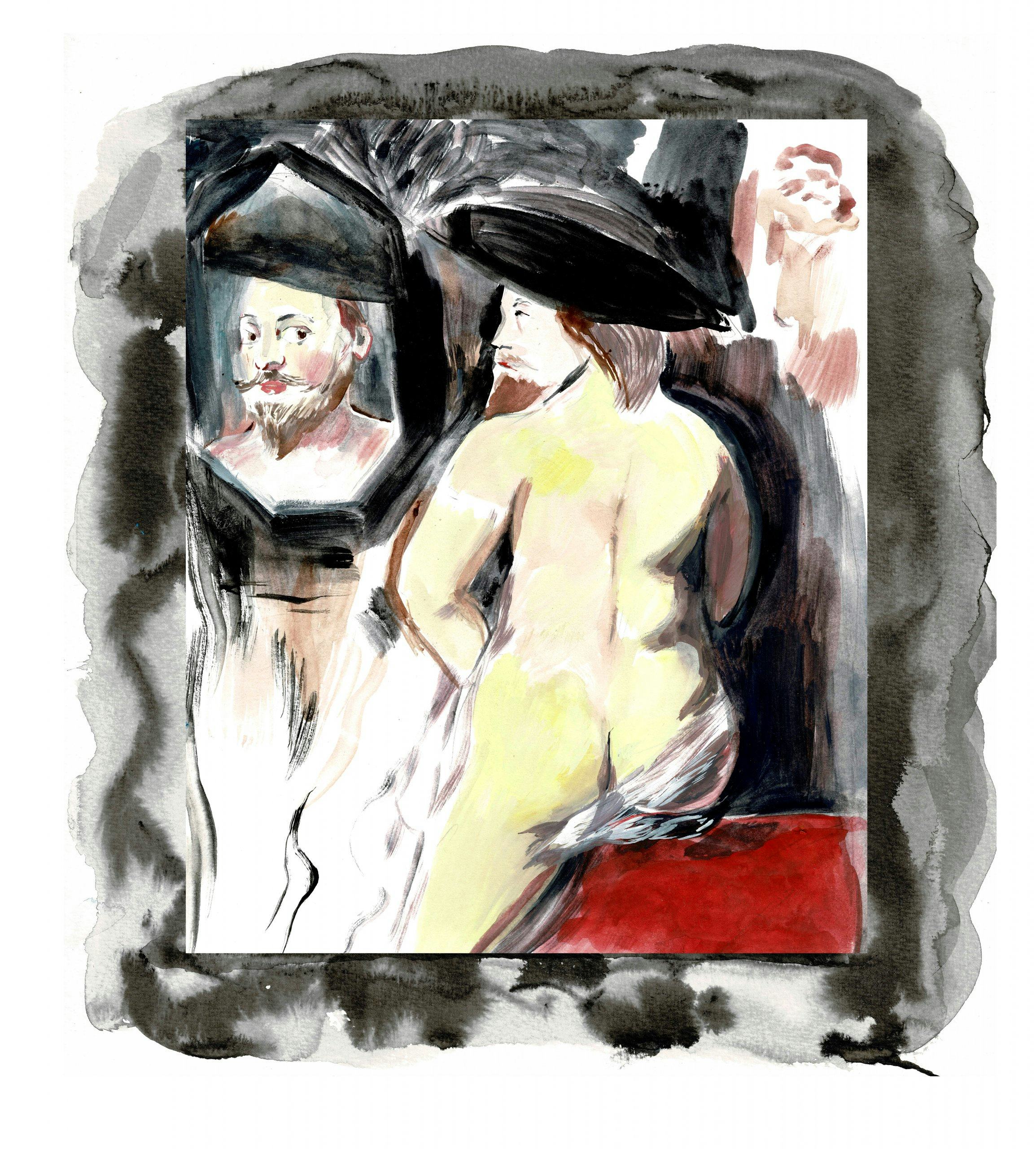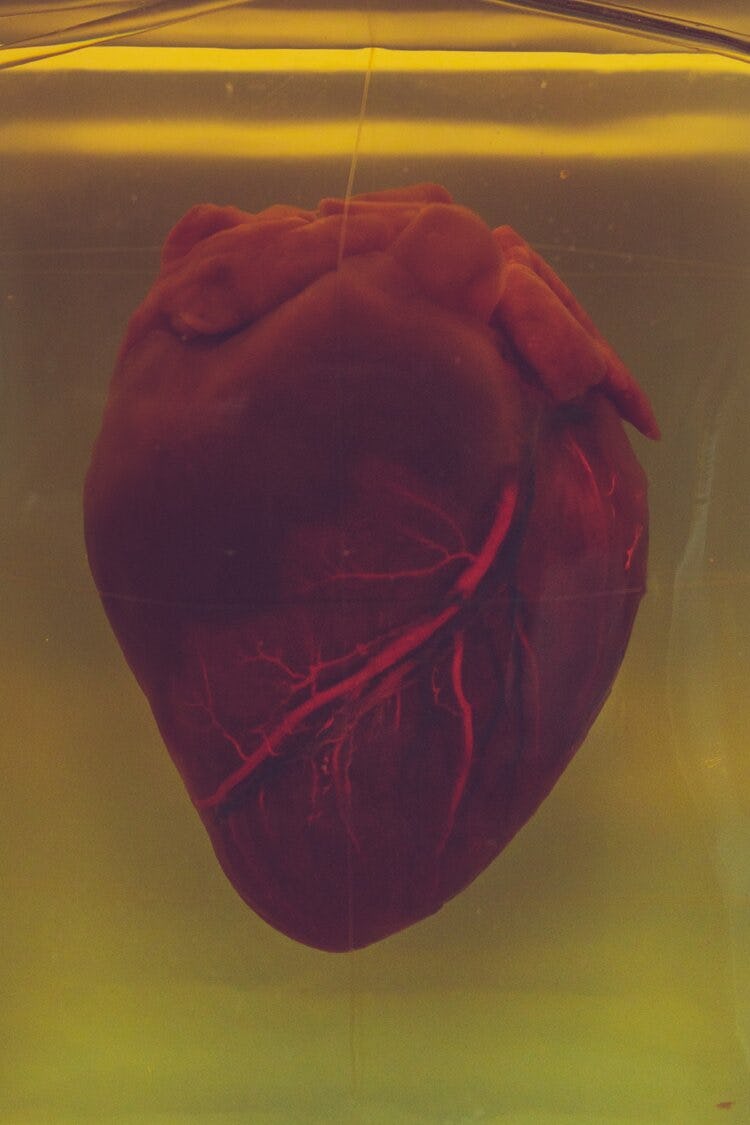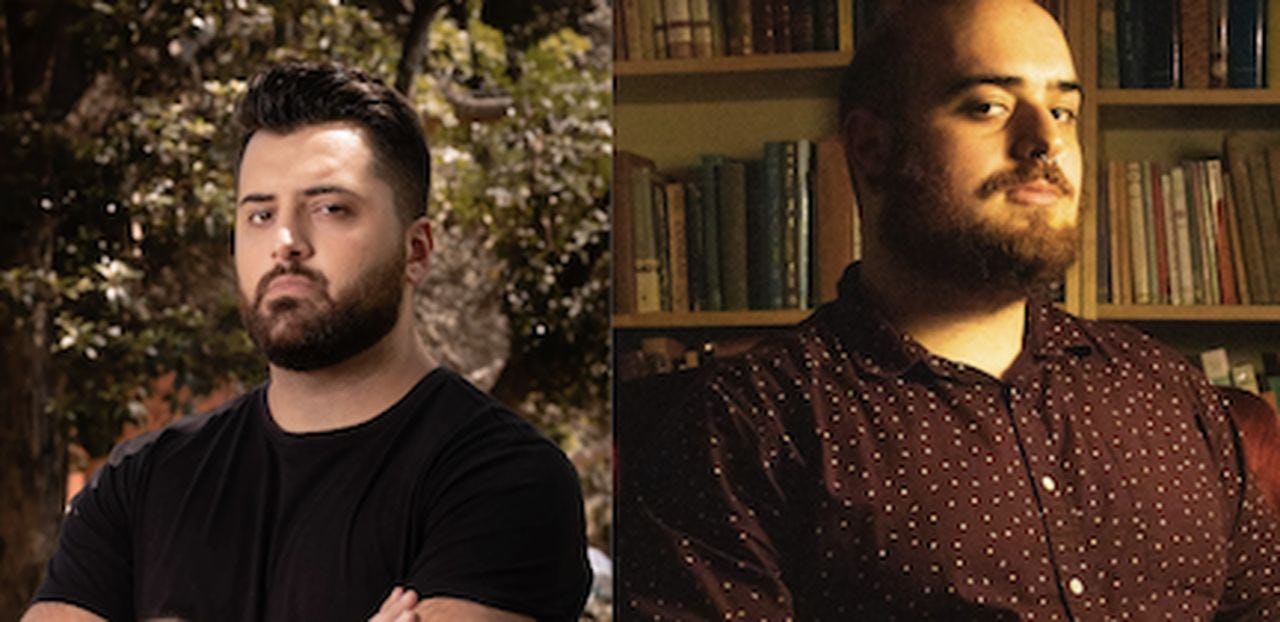Bodies
Tiffany Tsao • 4 February 2022
This edition of The Circular brings together writing about the body – the health denied certain bodies and the stigma attached to others; how society interprets different bodies and how those bodies respond and resist.
Bobuq Sayed reflects on the disjunction between knowing what is good for one’s health and the poor health that is their reality and their community’s. 'Why would they choose to die in front of us?' their child self innocently wonders when they stumble upon the cigarette butts leftover from their parents’ party.
Shakira Hussein observes the #MeToo movement’s reliance on the recounting of traumatic experiences – and, ironically, the concentration of such experiences among women who stood to benefit the least from the movement. Meanwhile, Meryl Broughton conducts a post-mortem examination in a hospital basement, contemplating the emotions and injustices that will remain unaccounted for even after the cause of death has been found.
Eloise Grills – via her own artwork – exposes the exploitation, racism, and abuse behind celebrated Western artistic representations of fat women. In Paris, Yassmin Abdel-Magied watches joggers by the Seine, musing on secular society’s worship of extreme fitness and its concurrent condemnation of healthy Islamic practices as extreme.
And in the last instalment of our WRITER & WRITER series, Arab Australian poet Omar Sakr and Palestinian American poet George Abraham discuss, among other things, the interpretive lenses through which their work is misread, and their respective poetry as 'gesturing to our bodies, where we’ve been placed, how we are relating to that place, and to its abandonment'.

Smoke Screens
Bobuq Sayed, The Seventh Wave, November 2021
'But they are bad for you,' she says. And she is not wrong. I cannot tell her that smoking is not the only way I have tried to kill myself. That dying is not so bad when it is glamorous and prolonged.
The truth is that displays of concern for long-term health draw my ire. Asbestos was built into the walls and ceilings of our council housing estate. My mother’s brain produced so much cortisol after leaving Afghanistan in the dead of night that it gave her lifelong insomnia.

The Fat Bitch in Art
Eloise Grills, Meanjin, September 2021
Fatness, in European scientific, artistic, cultural thought, became a spectre, haunting, stalking behind, threatening to taint white women’s thinness (to hit skinny over the head with the fat stick). In contemporary diet culture the influence of this first violence continues to seep into our thinking.
(Note on access: this essay is a mixture of image and text.)
#MeToo and the Uneven Distribution of Trauma
Shakira Hussein, Peril, June 2019
My experiences of abuse and harassment have never stopped, but I had quarantined all these experiences behind a cordon where they could be managed...
Then #MeToo unleashed them all.
I found it difficult to understand why this should be so, given that the issue of gender violence is never far from my mind. This, after all, was supposed to be the revolution that I’d been waiting for – yet I was left feeling isolated rather than connected, helpless rather than empowered.

Matters of the Heart
Meryl Broughton, Science Write Now, June 2021
How do I feel when I hold a person's heart in my hands? I've only ever done this when they have finished using it, when it is quiet and still. I expect the experience is different for those doctors who handle active hearts.
Changes (again)
Yassmin Abdel-Magied, Diasporan Diaries, April 2021
People will sniff at the idea of Muslims waking up for Fajr but applaud a 5am run. They will think Ramadan is *too much*, but laud intermittent fasting. People will think abstaining from alcohol for religious reasons *is a bit much*, but if you’re doing it for health reasons, well, you’re just dedicated, right?

To Remember, Read, and Return: A Conversation Between Omar Sakr and George Abraham
Omar Sakr & George Abraham, Los Angeles Review of Books, June 2020
GEORGE: The last word of my final poem, in both its first and final draft, was 'stay'. It was the word I arrived at and returned to...I want to address that The Lost Arab’s final word is 'leave', like…We really did that psychically/telepathically? I’m curious to hear you talk about your relationship to that word, as it relates to your book and beyond the book even.
OMAR: The tension between 'stay' and 'leave' is so intense, but I think we’re both gesturing to our bodies, where we’ve been placed, how we are relating to that place, and to its abandonment. There are so many parallels between our books, and our last poems, they truly are siblings, dancing.